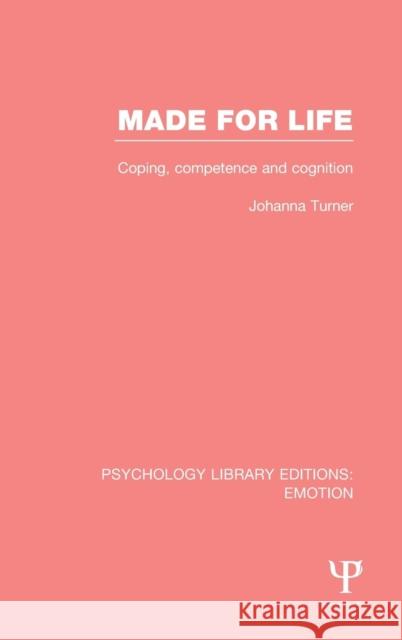Made for Life (PLE: Emotion): Coping, Competence and Cognition » książka
Made for Life (PLE: Emotion): Coping, Competence and Cognition
ISBN-13: 9781138817166 / Angielski / Twarda / 2014 / 172 str.
Originally published in 1980, this title considers the relationship between feeling able to cope and being able to learn - that is, the interdependence of affect and cognition in children under five. It argues that in order to make full use of his cognitive capacities the child must first develop the belief that he is able to cope and be effective. When the child enters school at the age of five his behaviour will reflect the influence of various important developmental factors. It is only by understanding the nature of the interactions of these influences that one can sympathetically appreciate and, if necessary, modify the child's perception of the situation with which he is faced. The argument presented follows the discrete strands of development which form the plait of individual differential perception and draws upon the case of work of clinicians using psychoanalytic concepts, experimental investigations of infants and children, naturalistic observations and longitudinal studies, since it is believed that these contemporary, yet distinct, approaches draw attention to different aspects of the multifaceted human child. As such the book was both a useful survey of this important complex field of study at the time and is still a stimulating contribution to the debate.











